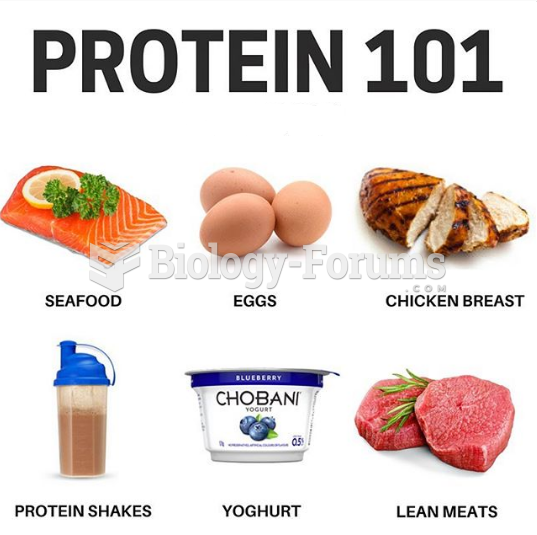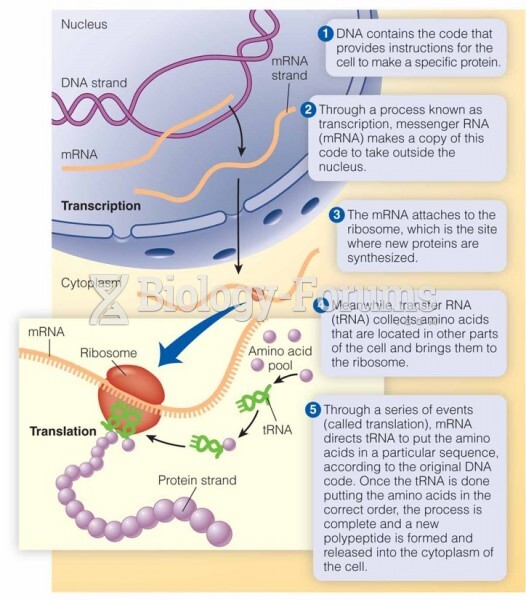Answer to Question 1
Normal kcal for the average person is considered to be about 25 to 30 kcals/kg. In RK's case, he is obviously requiring something less than that, probably 20 to 25 kcals/kg. His protein is probably no more than .8 g/kg, possibly a little less.
Answer to Question 2
I would not recommend that Mr. F take aspirin and garlic together. One baby aspirin every day or every other day has been shown to be effective. While it is very popular in health food stores, coenzyme Q has not been extensively researched to warrant a recommendation. I would recommend following the advice of your doctor regarding coenzyme Q. The enzyme can be obtained naturally from sardines, spinach, and peanuts. While it is not an official recommendation, one or two times the RDAs for folate is the usual dose found available. I would not take more. Vitamin E supplements are obtainable in 200, 400, and 1000 IU. I have not seen research that recommends 1000 IU. Most recommendations are from 200 to 800 IU per day. This recommendation would be based on other medications the patient was taking, their level of exercise, other disease states, etc. All of these could promote free radical production at varying levels. If someone were to take more than 200, I would recommend smaller increments, as 200 IU at a time 2 or 3 times a day. Personally, I believe two or three times the RDAs for B12 and B6 would be sufficient but small doses are not available. Probably half or one fourth of the smallest dose of pure B12 and B6 would be sufficient. I would be very cautious making these recommendations for concern that the patient would assume the if a little helps, a lot will help a lot more..







